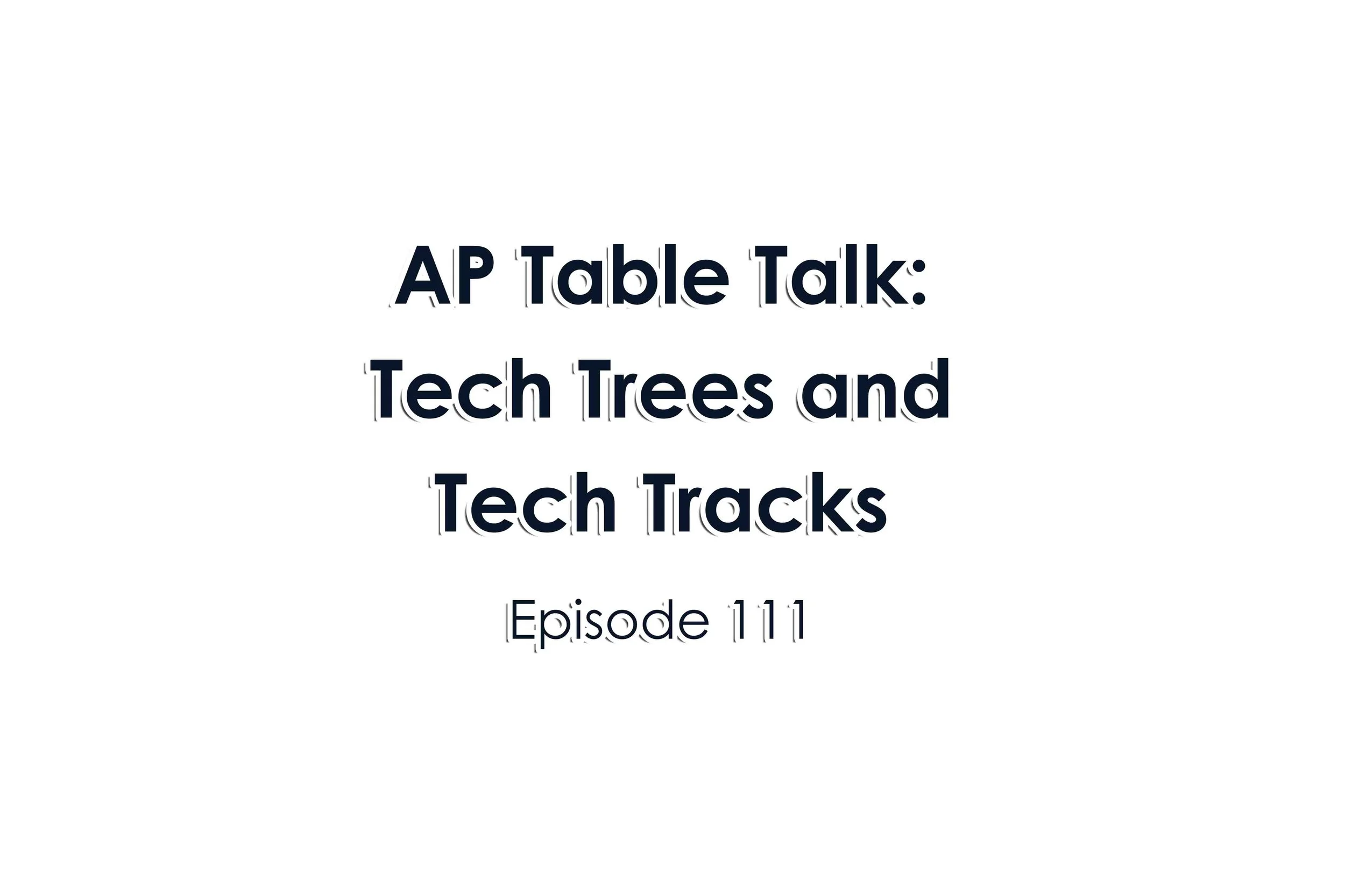In this episode of AP Table Talk, hosts Brian Eng and Dave Eng explore the versatile world of Multi-Use Cards in board games. They dive into defining the mechanic, discussing how it forces players to make meaningful trade-offs by using cards for one of several possible actions. Highlighting games like Risk: Star Wars Edition, Dune: Imperium, and Bohnanza, they unpack how Multi-Use Cards create strategic depth, add replayability, and integrate into various game themes. Whether you're new to this mechanic or a seasoned gamer, this episode offers valuable insights and plenty of game recommendations!
Read MoreIn this episode of AP Table Talk, Brian and Dave Eng discuss the concept of deck, bag, and pool building in board games. They explain that deck building specifically involves players starting with a basic deck of cards, which they enhance throughout the game to achieve specific goals. The episode highlights "Dominion" as a pioneering deck-building game and mentions other notable games such as "Clank! In! Space!" and "Friday." The hosts also share their favorite deck-building games, including "Dune: Imperium" and "The Quacks of Quedlinburg." They conclude by debating the classification of various games and their mechanics, emphasizing the strategic decisions in deck building.
Read MoreIn this episode of AP Table Talk, hosts Brian and Dave Eng focus on "tech tree" and “tech track” games. They emphasize how tech trees are a central component of many video games and board games, offering players various strategic paths and upgrades. They mention games like "Tapestry" and "Space Station Phoenix" that use tech tracks and tech trees for engine-building and resource management. They also explore how tech trees can add complexity and thematic depth to games and highlight the importance of balancing different strategies. They touch upon games like "Civilization" and "Terraforming Mars" and discuss the idea of introducing legacy elements to tech trees, allowing progress across multiple plays. The episode provides insights into how tech trees enhance gameplay in various genres and why they are a popular game mechanic.
Read MoreIn this episode of AP Table Talk, hosts Brian and Dave Eng focus on rondel games, where players move along a circular track to take actions. Dave introduces "Patchwork" as a significant game he played early in his relationship. They discuss games like "Sabika," highlighting rondel mechanics and unique elements. They mention thematic considerations, player count dynamics, tie-breakers, and variations in game mechanics. Dave and Brian also touch on games with changing rondel layouts and explore twists in mechanics, such as action resolution prior to moving. They conclude by reflecting on the accessibility and strategic choices offered by rondel mechanics.
Read MoreIn this episode of AP Table Talk, Brian and Dave Eng discuss board games that utilize the Mancala mechanic, which involves moving pieces along a board with hollows or pockets. They start by reminiscing about Dave’s childhood memories of playing Mancala with his mom's old board. They then explore modern board games that have popularized this mechanic, such as Five Tribes and Trajan. They also discuss other games like Crusaders: Thy Will Be Done and Fruit Picking, which offer variations of the Mancala mechanic.
Read More




